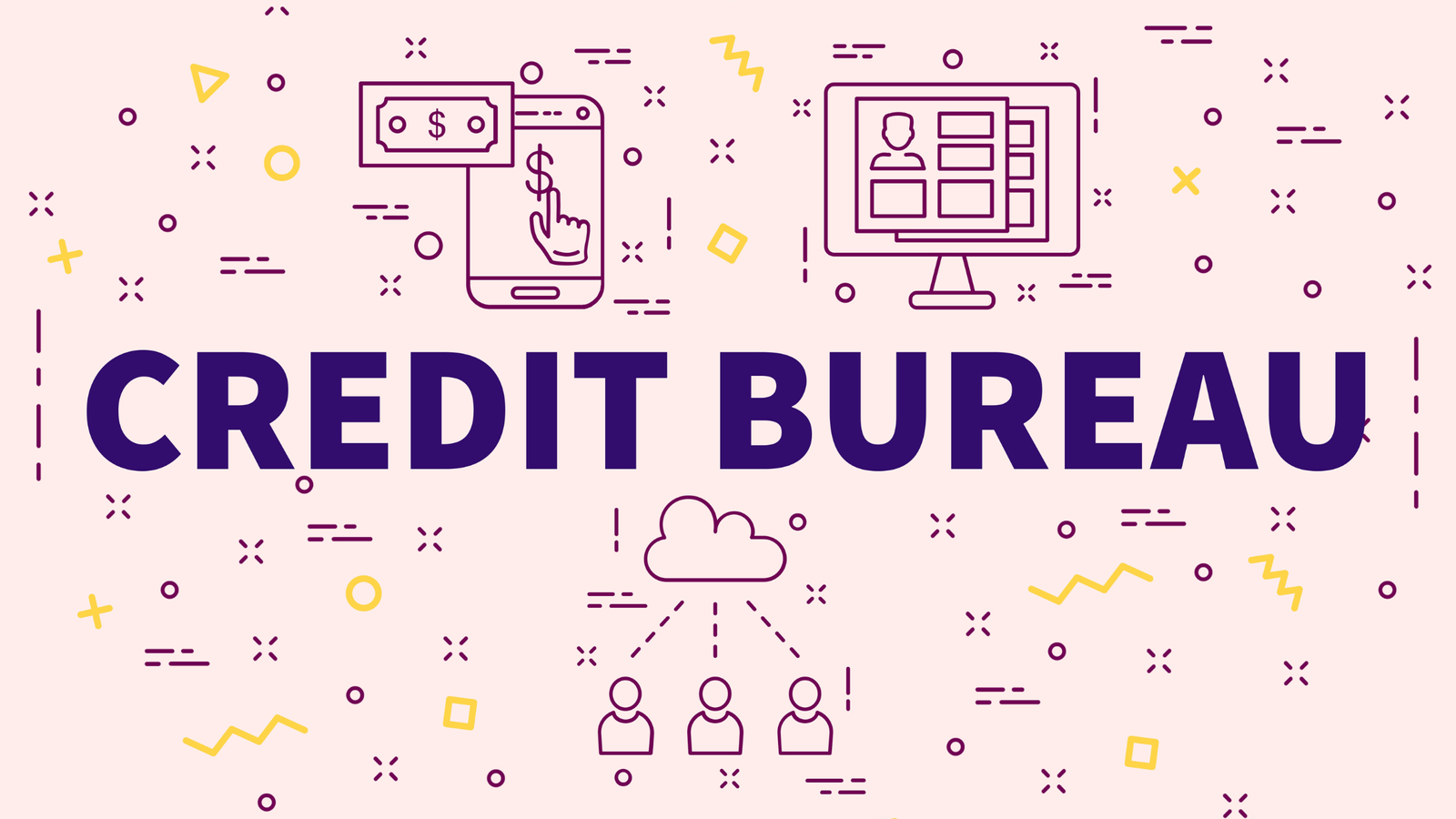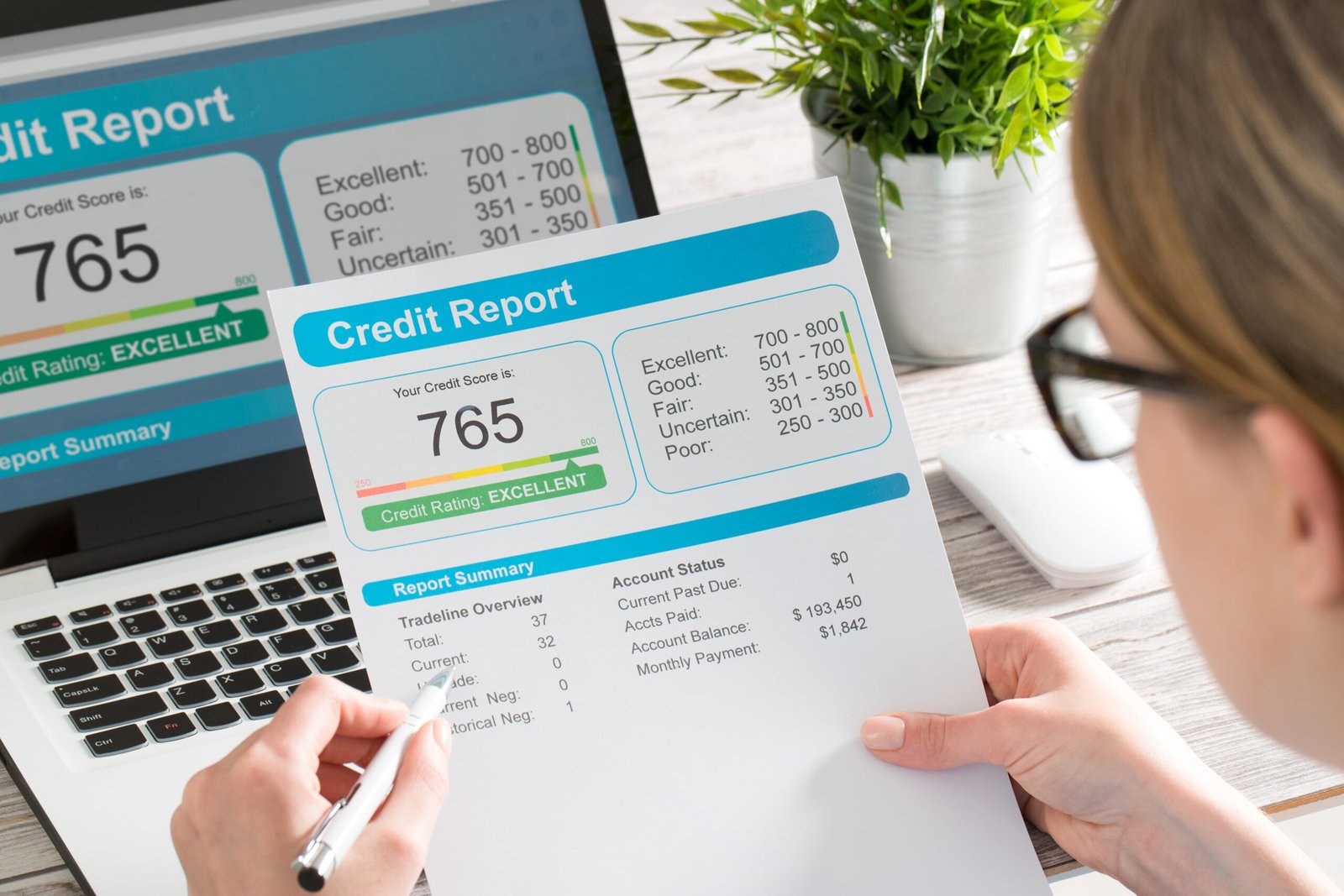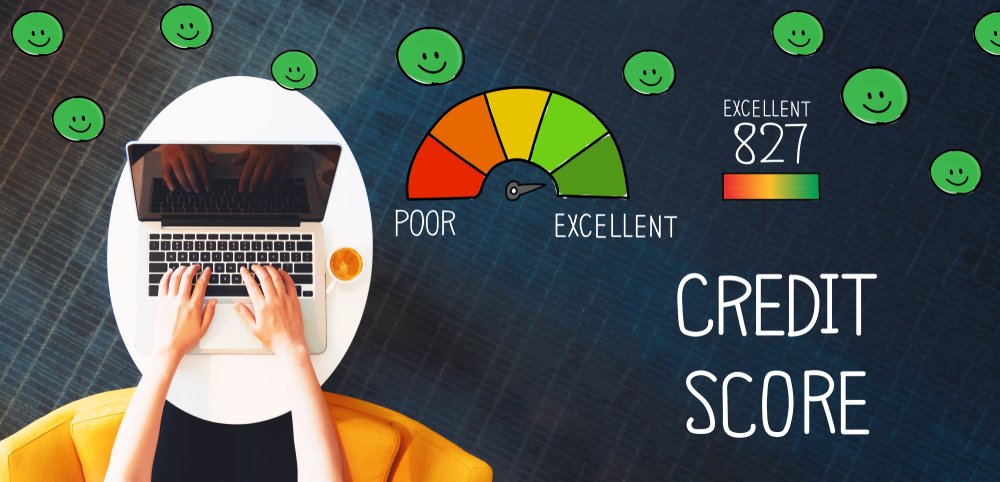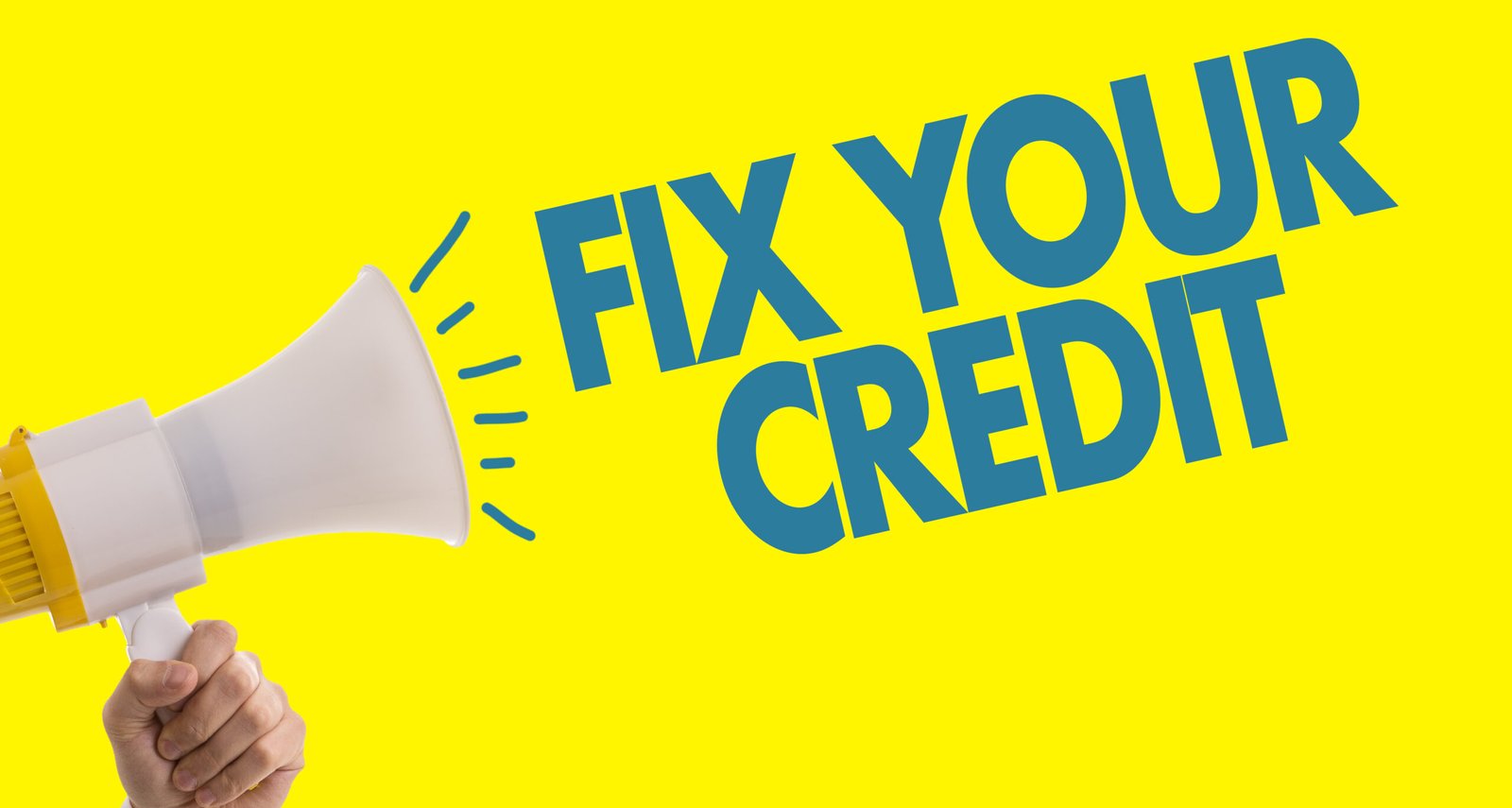When information changes with your credit accounts, lenders have to inform the credit bureaus. Credit bureaus then use this information to update your credit reports and calculate a credit score. These institutions collect all sorts of information on your credit behavior for lenders to eventually view when they’re trying to decide if they want to lend you money. The information that reflects on your credit report is then used to generate your credit score, which helps you predict your approval chances before applying.
From time to time, you might need to contact the credit bureaus to update or fix information on your credit reports. This article shares how to get in touch with the three main credit bureaus.
What Are The 3 Main Credit Bureaus?
There are several credit bureaus, but only three dominate the market in the United States – Equifax, Experian, and TransUnion. Credit bureaus collect and update information on consumers’ credit use. If you have any form of credit, you most likely have a credit report with one or all of them.
Information collected by credit bureaus:
- Credit balances for credit cards or loans
- Payment history of credit accounts
- Any bankruptcy filings
- Type of accounts
All of this information is collected when businesses make a hard inquiry for new credit applications, employment background checks, insurance rates, or lease applications.
Even though Equifax, Experian, and TransUnion are usually grouped together, it’s important to know their differences. The way they collect data and the processes each of them uses is different, which is why you might get different credit scores from them.
When Should You Contact a Credit Bureau?
While contacting a credit bureau might not be the most fun thing to do, sometimes it’s necessary.
Here’s a list of when you should contact a credit bureau:
1. Dispute Your Credit Report
Errors on credit reports happen more often than you’d believe. Close to 34% of consumers have reported finding errors on their credit reports. This number could be much higher and we wouldn’t know it since many people don’t check their credit reports.
If you find incorrect information on your credit report, you should dispute it right away. Credit report errors interfere with your credit score and could be the reason you’re denied a line of credit. Once you’re aware of an error, check if it appears in credit reports from the other two credit bureaus.
Disputing errors can be done easily online for Experian, Equifax, or TransUnion. All of the supporting documents can be easily uploaded through their website. You can also send the documents by USPS or call the bureau directly.
These are a few errors to look out for in your report:
- Your report is missing an account
- Missing or incorrect payments
- Any incorrect derogatory marks on your report
- Credit inquiries you never authorized
- Incorrect balances
2. A Security Freeze
A security freeze is a great tool for anyone who believes their personal information has been stolen or compromised. You might need this if you’re the victim of credit fraud or other forms of identity theft. Freezing your credit prevents anyone from accessing your credit report if you don’t have an existing relationship with the lender.
Lenders can’t access your credit reports or scores without your permission during security freezes. This also prevents fraudulent accounts from being opened in your name. When you do apply for new credit, you’ll either have to remove the credit freeze or give access to the lender. A security freeze can be done by phone, online, or via USPS. You’ll need to contact all three credit bureaus individually to put a security freeze in place.
3. Fraud Alert
A fraud alert, like a security freeze, is a process that helps prevent a fraudster from opening a new credit account in your name. This alert informs lenders who check your credit report that someone may be misusing your information.
Lenders treat fraud alerts very seriously and usually request further verification of your identity before approval. Initial fraud alerts expire after one year and can be extended for seven years. Placing a fraud alert on your credit report with one credit bureau automatically applies to the two other bureaus.
How To Contact a Credit Bureau?
When you need to contact a credit bureau, it’s best to do it in writing because a written contract creates an official record. You can create a written contract online or through certified mail. However, if you decide to call, follow up the conversation with an email of what was discussed.
Here’s how you can contact the three credit bureaus:
Experian
Credit report disputes by phone: (866) 200-6020
Credit report disputes by mail: Experian
P.O. Box 4500
Allen, TX 75013
Credit report disputes online: https://www.experian.com/disputes/main.html
Fraud alert by phone: 888-397-3742
Fraud alert online: https://www.experian.com/fraud/center.html#content-01
Security freeze online: https://www.experian.com/freeze/center.html
Equifax
Credit report disputes by phone: (866) 349-5191
Credit report disputes by mail: Equifax Information Services, LLC
P.O. Box 740256
Atlanta, GA 30374
Credit report disputes online: https://www.equifax.com/personal/credit-report-services/credit-dispute/
Fraud alert by phone: 800-685-1111
Fraud alert online: https://www.equifax.com/personal/credit-report-services/credit-fraud-alerts/
Security freeze online: https://www.equifax.com/personal/credit-report-services/credit-freeze/
TransUnion
Credit report disputes by phone: (800)-916-8800
Credit report disputes by mail: TransUnion Consumer Solutions
P.O. Box 2000
Chester, PA 19016
Credit report disputes online: https://www.transunion.com/credit-disputes/dispute-your-credit
Fraud alert by phone: 888-909-8872
Fraud alert online: https://www.transunion.com/fraud-alerts
Security freeze online: https://www.transunion.com/credit-freeze
Information You Will Need for Phone Inquiries
When you contact a credit bureau, they’ll need to verify your identity first.
This is the information you’ll need to provide:
- Your full name
- Date of birth
- Social Security Number
- Present and former address
Final Thoughts
If you’re ready to take better care of your finances, you need to start by checking your credit report often. We recommend checking your credit report every month. The three major credit bureaus offer credit reports for free, which will help you spot any errors you might need to dispute or spot any suspicious fraudulent activity.

About Monica Bulnes
Monica Bulnes is a business writer based out of San Diego, California. Monica received her business education from the top #7 best business school in the country, Rutgers University. She has worked in numerous marketing departments, including major multinational conglomerate, Panasonic. Her passion for personal finance and financial literacy is an extension of her passion for health and wellness. Monica truly believes that financial health is just as important as physical and mental health, considering the important role money plays in each and every person’s life. In her free time, you’ll find Monica inspiring the world through Instagram, writing in her journal, or sketching palm trees at the beach. To learn more about Monica and her writing, find her at www.writingbymonica.com.










